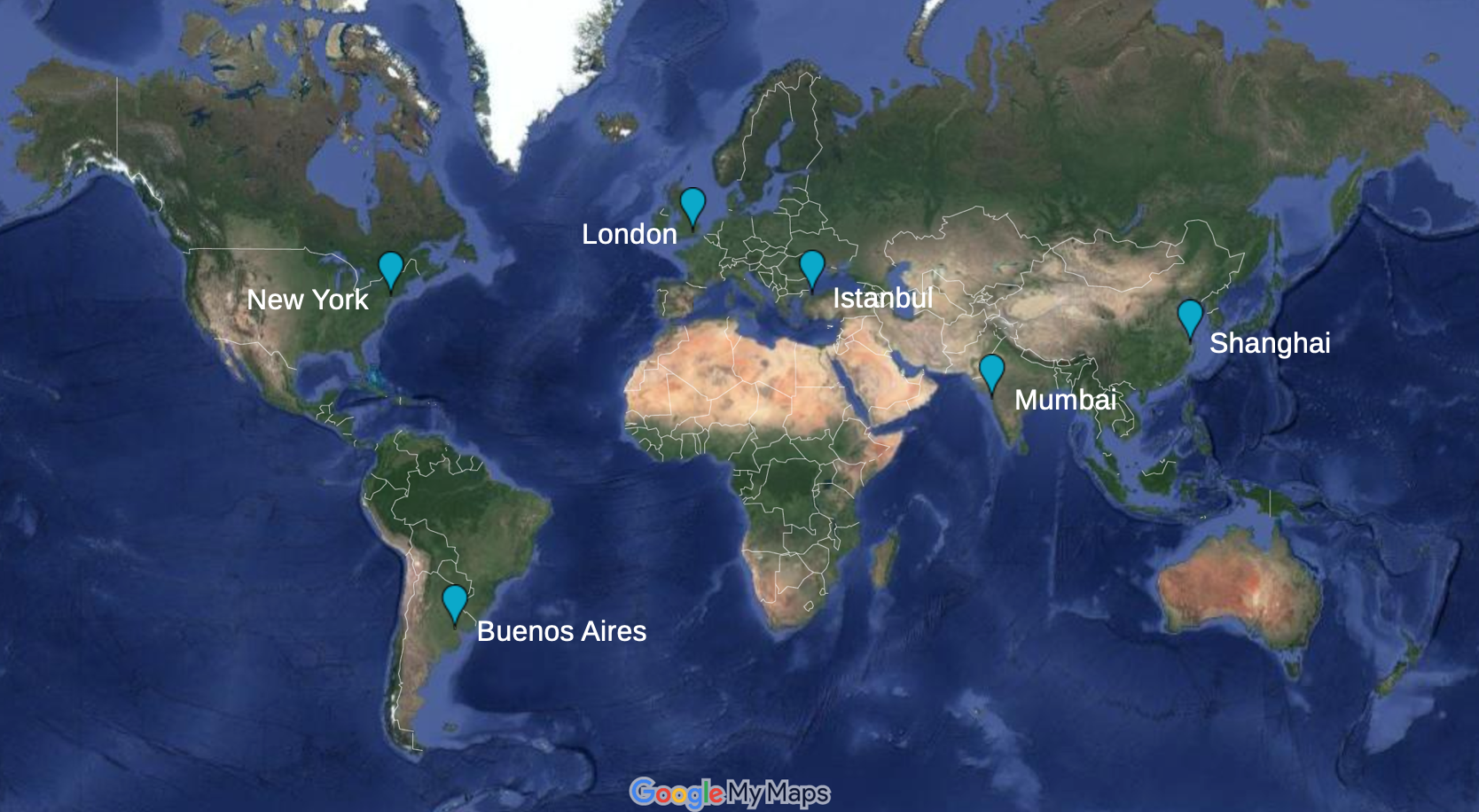Leave, Left, Left!
Laura Karp Lugo, Rachel Lee, and Helene Roth presented their research at the “Leave, Left, Left” conference at the Centre for Advanced Studies, LMU Munich on 20 April 2018

Their presentation was based on this abstract:
DEPA(-)RIVE
In the first half of the 20th century, many European artists went into exile, fleeing wars, repression, dictatorships, and poverty. After acknowledging the necessity of leaving their homelands, the artists embarked on a process of departure. This paper will focus on the act of leaving, charting the steps taken by a selection of exiled artists towards establishing a path to practice in an unknown environment. As well as discussing the choice of exilic destinations, thereby considering questions such as language, accessibility of the art market and connections to existing networks, the paper will explore the mechanisms and infrastructures that allowed the departures to take place. It should be noted that several artists only succeeded in reaching a particular destination after attempts to travel to other places failed; the process of departure was often not smooth, but defined by aborted attempts, returns and reroutings. Responding to the title of the conference, on the basis of case studies from Argentina, USA and India, we will also analyse when the process of departure was (if ever) complete and when arrival began. Hereby we will focus on the roles of networks and institutions in various arrival cities. Throughout the paper we will relate the artists’ practices to their changing situations, attempting to understand how the processes of leaving and arriving, and their associated periods of uncertainty, waiting and action, affected artistic production. This will provide an occasion to test the philosopher Vilém Flusser’s concept as detailed in his essay Exil und Kreativität. Therein he states that exile can be read as a creative dialogue between the acquired skills and experience form the departure land and the local traditions and cultures of the arrival cities. Characterized as “ein Aufknacken des ‘Selbst’ und ein Öffnen hin zum anderen” [a breaking open of the ‘self’ and an opening towards others], the dialogue can allow different artistic and cultural processes to develop. Even though these dialogues do not need to gain a reciprocal agreement, Flusser defines exile as “die Brutstätte für schöpferische Taten, für das Neue” [the breeding ground for creative acts, for the new].

